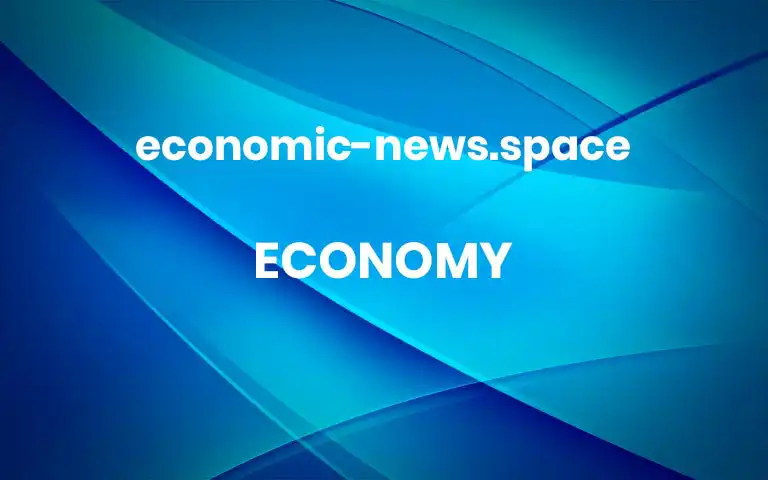Biden Administration Plays Down Growth Decline in G.D.P. Report

The White House dismissed a slump in first-quarter growth that was driven by a quirk in inventories and a jump in imports, emphasizing that Thursday’s report on gross domestic product also pointed to underlying strength in consumer spending.G.D.P. declined 0.4 percent in the first quarter after adjusting for inflation, or 1.4 percent on an annualized basis, the Commerce Department said Thursday. Companies had stockpiled inventories in the fourth quarter and built them more slowly at the start of the year, and imports far outstripped exports as Americans bought goods from abroad, driving the decline.“While last quarter’s growth estimate was affected by technical factors, the United States confronts the challenges of Covid-19 around the world, Putin’s unprovoked invasion of Ukraine, and global inflation from a position of strength,” President Biden said in a statement following the release, referring to President Vladimir V. Putin of Russia. Mr. Biden also noted that “consumer spending, business investment, and residential investment increased at strong rates.”Mr. Biden and Democrats are facing a challenging midterm election year as inflation runs at its fastest pace in four decades, chipping away at household budgets and eroding consumer confidence. At the same time, the Federal Reserve is raising interest rates to try to keep rapid price increases from becoming permanent, which could begin to meaningfully cool down the economy just as voters head to the polls.The administration has tried to pin high inflation on Russia’s invasion of Ukraine. While the war has pushed gas and other commodity prices higher, inflation was high even before Russia’s attack.Republicans have seized on rising prices to blast Mr. Biden’s economic policies. The decline in growth at the start of the year gave them room to ramp up that criticism.“Accelerating inflation, a worker crisis, and the growing risk of a significant recession are the signature economic failures of the Biden administration,” Representative Kevin Brady, a Texas Republican, said in a news release on Thursday.Representative Kevin McCarthy of California, the House Republican leader, also blamed Democrats for the drop in growth and 40-year high inflation levels.“In 15 months, one-party Democrat rule has squandered America’s recovery and left you paying the price,” Mr. McCarthy wrote on Twitter.The Biden administration’s 2021 economic stimulus, which sent checks to households and provided other relief at a time when the job market was already recovering, has been criticized by economists for helping to stoke excessively strong consumer demand. That probably ramped up inflationary pressures as the economy reopened, some research has suggested.Republicans often seize on that to argue that the burst in inflation is the administration’s fault. But administration officials point out that their policies helped to drive a swift recovery, came at an uncertain moment, and built on a pandemic response started under the Trump administration.In a speech on Thursday, Treasury Secretary Janet L. Yellen defended the scale of the efforts to support the economy. She recalled the dire economic projections in the early days of the pandemic and said that the spending was needed to avert a worst-case scenario, though some economists warned that the final installation in 2021 was too much and too poorly targeted even at the time of its passage.“Throughout 2020, and into 2021, the path of the pandemic, including its severity and the role of future viral strains could not be predicted,” Ms. Yellen said at an event at the Brookings Institution held by the Hamilton Project and Hutchins Center. “Given this uncertainty, the recovery packages sought to protect against tail risk.” More



